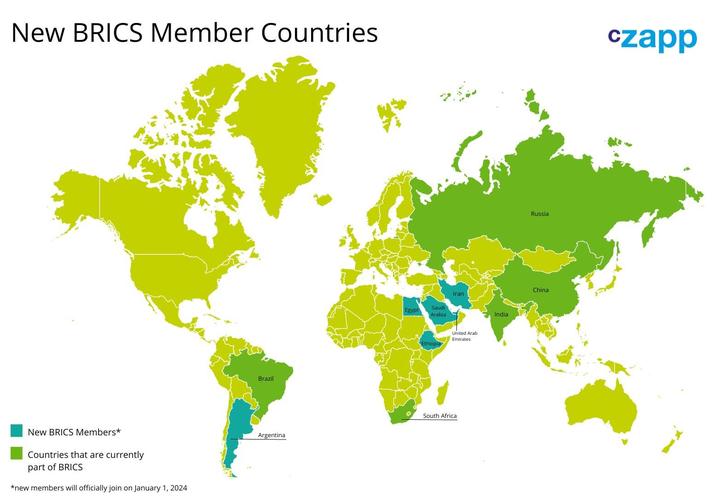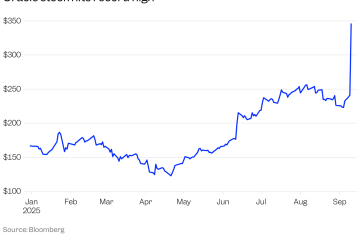Understanding BRICS Countries and Their Global Impact

Introduction
The BRICS nations—Brazil, Russia, India, China, and South Africa—represent a significant alliance of emerging economies that plays a crucial role in shaping global economic, political, and social landscapes. As these countries continue to collaborate on various fronts, their influence is increasingly felt in international affairs, making it imperative to understand their dynamics.
Recent Developments in BRICS
In August 2023, the 15th BRICS summit was held in Johannesburg, South Africa, marking a pivotal moment for the bloc. With the theme ‘>BRICS and Africa: Partnership for Mutually Accelerated Growth, Sustainable Development, and Inclusive Multilateralism’, the summit aimed at strengthening ties among member nations and enhancing cooperation on various fronts such as trade, education, and technology.
One of the most significant outcomes was the decision to expand BRICS’s membership, inviting six new countries: Argentina, Egypt, Ethiopia, Iran, Saudi Arabia, and the United Arab Emirates. This enlargement reflects a strategic ambition to increase BRICS’s clout in world affairs and establish a counterbalance to Western-dominated economic institutions.
Economic Cooperation and Trade
The BRICS countries represent about 40% of the world’s population and a significant share of global GDP. This demographic and economic scale enhances their bargaining power in international trade negotiations. Members have been actively working to establish a more integrated economic framework, focusing on reducing dependency on the US dollar for trade purposes. The move towards a common BRICS currency is being discussed as a potential strategy to boost intra-BRICS trade.
At the recent summit, discussions about trade partnerships and investment opportunities were at the forefront, emphasizing mutual economic development through innovative projects in renewable energy, infrastructure, and digital technology.
Conclusion
The BRICS alliance is transforming into a formidable force in the global arena, particularly with its recent enlargement and focus on economic unions. As these countries continue to navigate complex geopolitical challenges, their collective influence is anticipated to grow. For readers, understanding BRICS is essential for grasping the future of global economics and international relations, especially as more countries seek collaboration outside traditional Western frameworks.









